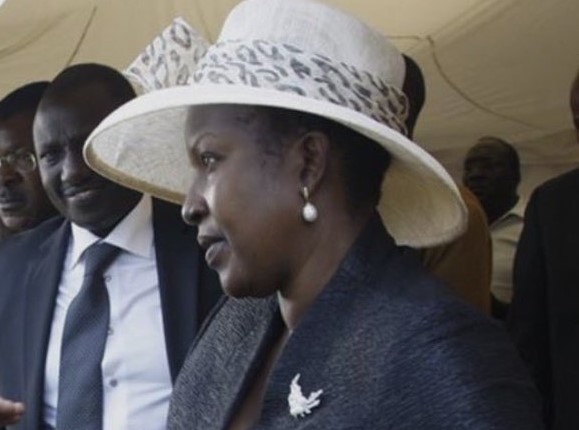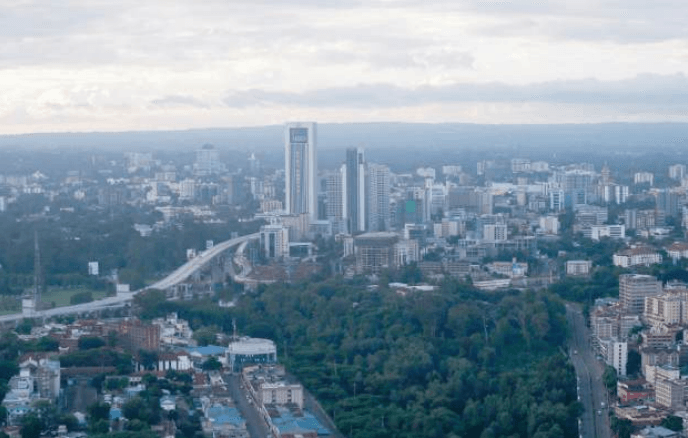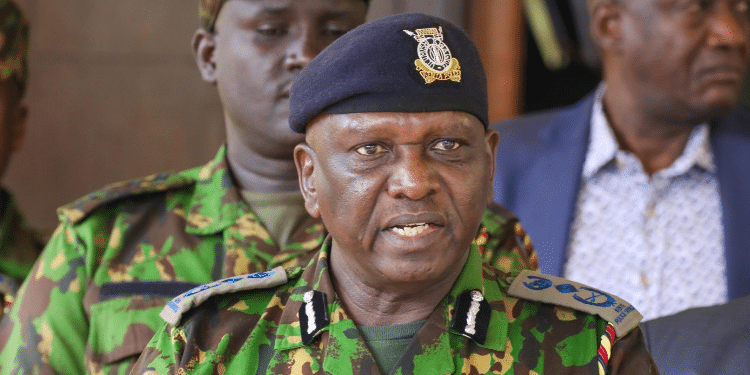A parliamentary economic think-tank has warned of tougher times ahead in what could spell doom for Kenyans already grappling with the high cost of living.
The parliamentary budget office has projected a rise in inflation – general increase of prices of goods and services in the coming months.
The PBO cast doubt on the National Treasury’s projection of economic growth this year.
The National Treasury had projected the economy to grow at 5.0 per cent in 2023 up from 4.8 per cent in 2022.
This is majorly driven by favorable weather conditions, performance of the service sector and impact of the Bottom-up Economic Transformation Agenda policies.
“However, given the multiplicity of the downside risks, this growth projection may not be achieved,” PBO stated in a report.
It said this has been aggravated by the high public debt that has squeezed fiscal space and the depreciating shilling against major world currencies.
The moves could worsen the already beaten economy.
“Going forward, inflation could remain high and rise even further if shocks occur, including those from an intensification of the war in Ukraine, the Israel-Palestine conflict, rise in commodity prices and extreme weather related events,” PBO said.
The report released on Monday is PBO's quarterly Economic and Fiscal Update July - September 2023 released on Monday.
It said the situation will inflict further misery on many Kenyans.
“This will continue to weigh heavily on the cost of living especially for the lower income brackets,” it said.
PBO said inflation in the country, which has high of 9.23 per cent in February this year, dropped to about 6.80 per cent in September.
This was majorly attributed to the decline in food prices due to favorable weather conditions and government backed duty free import of food commodities including maize, rice and edible oils.
“Domestically, the cost of living remains a key concern as prices of food, fuel, energy and other inputs remain elevated amid rising cost of debt service," it said.
"This is in addition to tight fiscal space, foreign exchange liquidity challenges, depreciation of the shilling and constrained business environment.”
However, this is expected to shoot especially with the recent increase in the prices of petroleum products.
“Fuel inflation has remained elevated due to increased prices locally due to depreciation of the shilling. This has further been aggravated by the doubled VAT on fuel from 8 to 16 per cent in the Finance Act of 2023,” the report said.
Globally, Murban ADNOC crude oil prices increased from USD 87.332 per barrel in July 2023 to USD 97.35 per barrel at the end of September 2023 as OPEC+ countries cut down on production to sustain higher prices.
The shilling has lost 23 per cent to the US Dollar, 38 per cent to the GB Pound, 33 per cent to the Euro, 21 per cent to the Uganda Shilling and 12 per cent to the Tanzania Shilling between September 2022 and September 2023.
The pressure on the shilling is fueled by sustained demand for imports, subdued recovery in capital inflows as foreign interest rates remain elevated, enhanced dollar demand, and persistent strengthening of the US dollar globally











